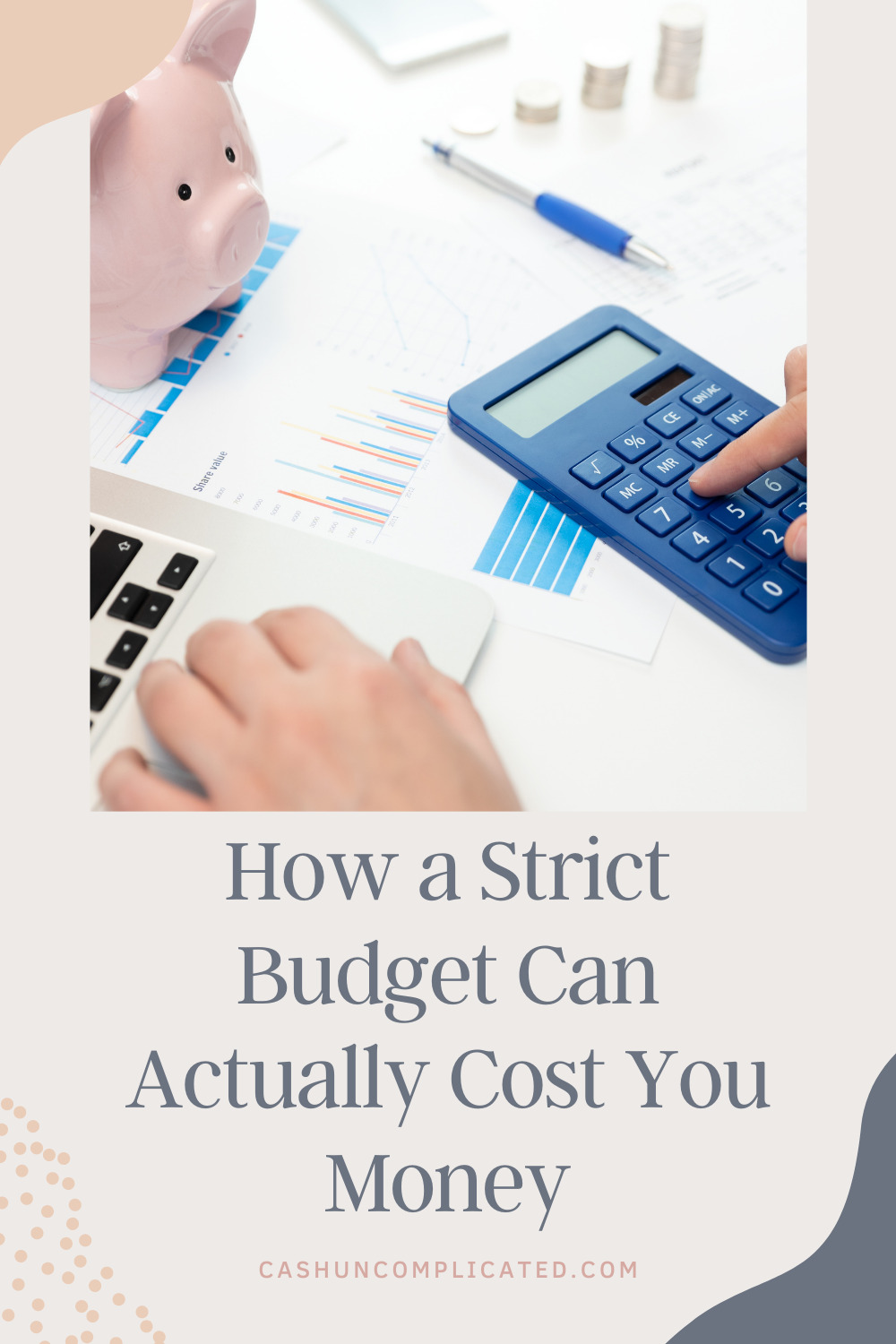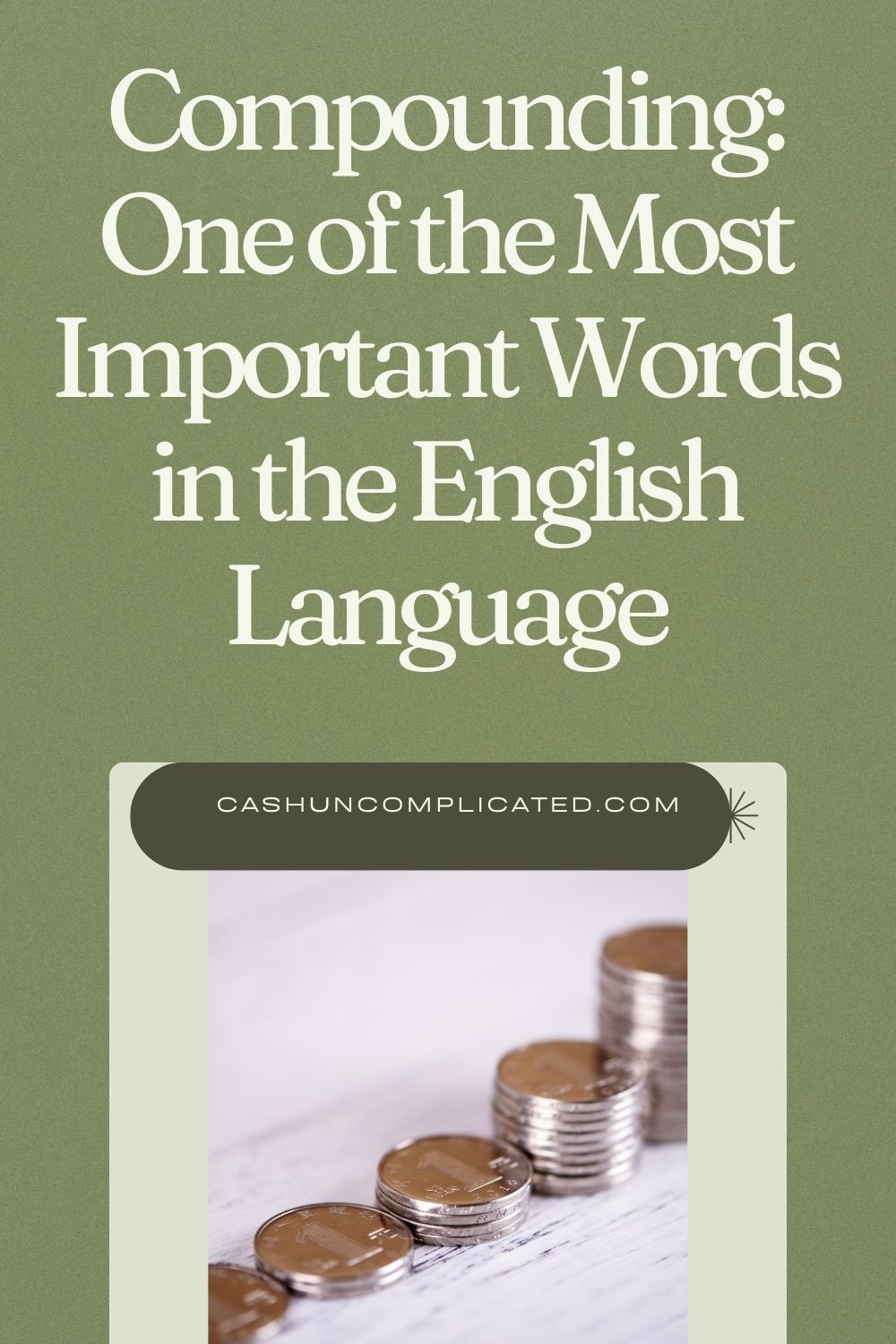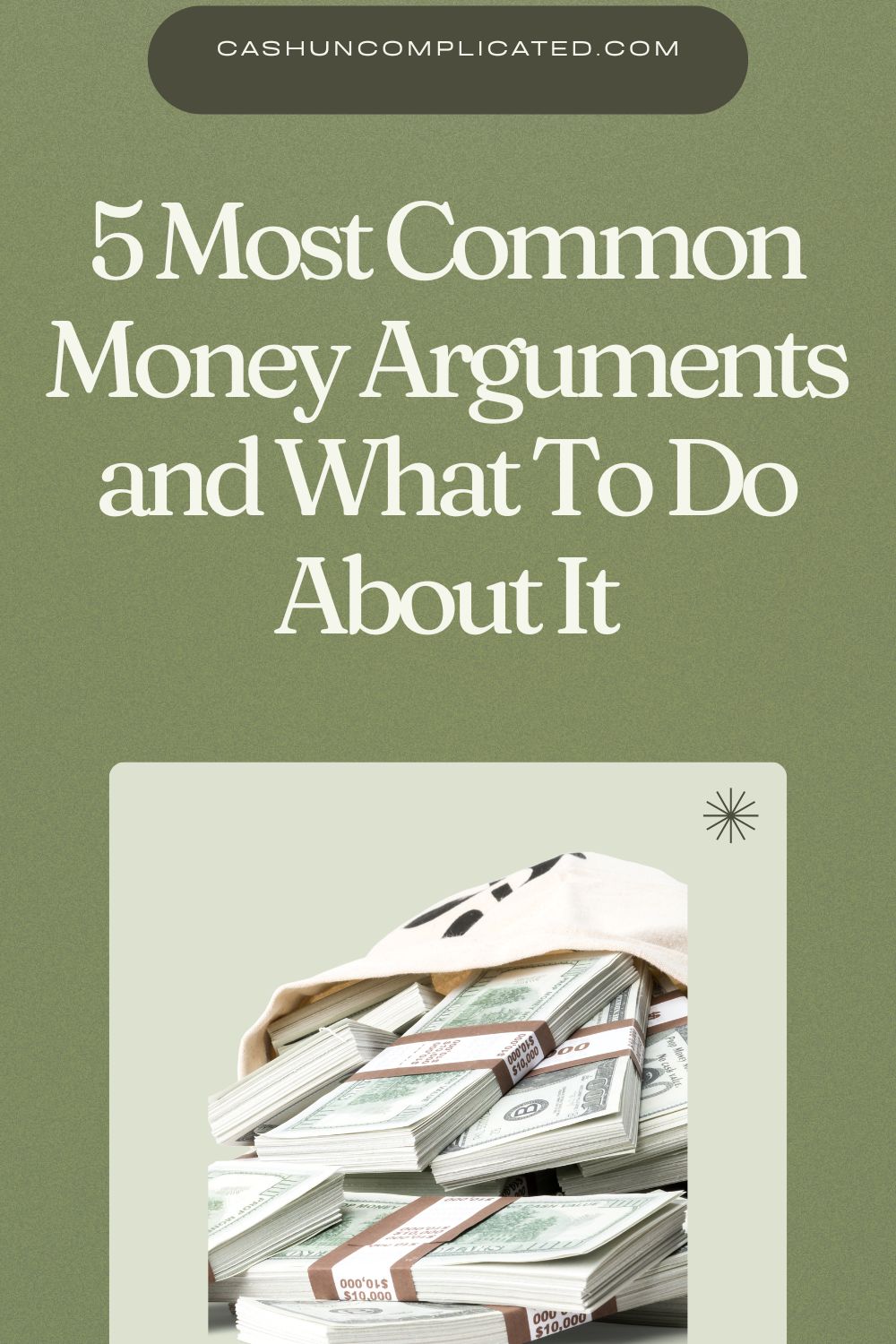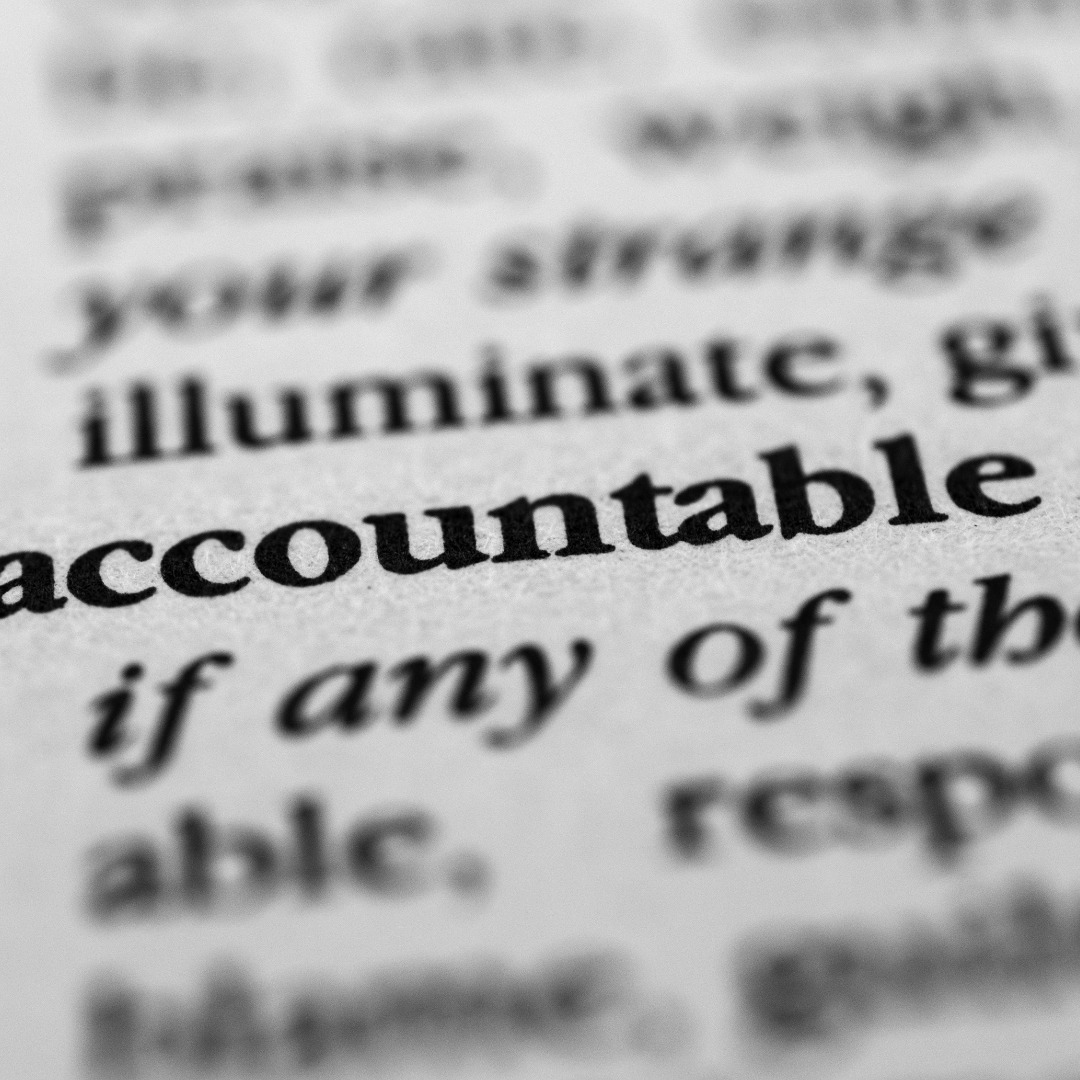In personal finance, one of the most talked about ways to save money is by budgeting. For most, a budget means allocating a set amount of money and staying under that for the week or month. In this post, I am going to write about what might seem like a foreign concept—that budgeting might actually cost you money.
Before we get to that, this is not one of those articles that says budgeting is bad and nobody should have one. I think budgeting is necessary and it’s a great way to keep personal finances in order. With consumer debt being such a huge problem, people need to have a plan in place to avoid the fate of credit card debt and other types of consumer debt. For many, budgeting is an important element of that plan.
When I write that budgeting might actually cost you money, I’m referring to a strict budget with little to no wiggle room. Here’s what I mean. Imagine that someone has a strict $800 per month budget for food and household items. Every month they spend right around that much money. The last three months have been $795, $798, and $788.
This person has a strict budget that they will not go over. Here’s where that can cost you money. A couple months ago I wrote a post How I Saved $50 at the Store in 45 Seconds. To summarize that post, I found a sale on a brand of protein bars my wife and I eat exclusively for five dollars off each box. I purchased 10 boxes at once, saving $50. We put the excess packages in the cabinet and have been using them for the last couple months.
If I was adhering to a strict budget with little to no wiggle room, I would have missed out on a large part of this sale. If my budget allowed for one box of protein bars for the month ($20), I would have been allowed to purchase only one box since the box cost $15 after the five-dollar rebate. That left me with five dollars, not enough to purchase another box. Since the maximum was 10 boxes for this sale, I was leaving nine additional boxes I could have purchased at the store.
Next month I’d be back to spending $20 per box, five dollars more than the previous month. And over the next several months, I’d be paying five dollars more per box than if I had taken advantage of the sale. It made sense to buy in bulk and save money over the long run. True, this shopping trip was more expensive than average, but future shopping trips would be less.
Big picture, I saved $50. Short term, I spent more on that particular shopping trip.
What to Do About It
How can we create a balance between budgeting and opportunity? One of the strategies I write about in my book Cash Uncomplicated is purchasing items in high quantities that meet the following criteria:
- You use this product regularly, or eat this food regularly.
- It’s a brand you buy exclusively. Example: a certain brand of face lotion that you use exclusively because it doesn’t make you break out.
- The item is on sale when it’s very rarely on sale.
The protein bars I bought in bulk met all three criteria so I went ahead with the purchase. Other examples of products that may meet this criterion for you:
- Household cleaners
- Toiletries
- Non-perishable food
- Hygiene products
If the product meets your criteria, now you have to pay for it. Which goes back to the original point of this blog. To take advantage of a sale that meets your criteria, you need to have a little money left over to pay for it.
Increase Your Budget to Account for Purchases Like This: One quick solution is to increase your monthly budget for purchases like this. If your budget is currently $800 for groceries and household items, and you’re barely making it, increasing your budget by $50 or $75 should more than cover expenses like this.
The danger here, and why I am not wild about this method, is that it’s natural human behavior to spend what is in your account. This is an element of lifestyle creep, something I really try and avoid. If your budget used to be $800, and you increase it to $850 to cover special sales, there’s a good chance that extra $50 will end up being spent on other things.
General Account for Miscellaneous Items: A preferred method, and one that I use, is to have a general account for sales like this. This account can also cover other miscellaneous items. I recommend using an online bank account that takes a few days to access your money. That way the money is out of site, but it’s also available should you need it.
Once you have purchased the sale item, transfer the money to your checking account. Or create a system where you write it down and transfer the money at the end of the month. It doesn’t matter how you do it, as long as you have a system of some sort. This method allows you to take advantage of sales but not have the money so readily available that you spend it.
Should I Stop Budgeting?
The point of this post isn’t to discourage budgeting. It’s to make you think about spending choices and how you manage your money. If you’re the type of person who thrives with a strict budget, then keep doing what you’re doing. I’d much rather have someone be consistently successful and lose out on a sale now and then than blow up their budget trying to overcomplicate things.
If the strategies outlined in this post seem like they would be more trouble than they’re worth, don’t utilize them. In personal finance, it’s important to have a menu of strategies you can choose from. Some items on the menu you’ll pick, others you will ignore or pick down the road. Not everything has to be utilized at once.
If this strategy seems like something that would benefit you, give it a try. In a vacuum, buying items that meet your criteria on sale will ultimately save you money. But life is not lived in a vacuum so you ultimately have to make the choice.








